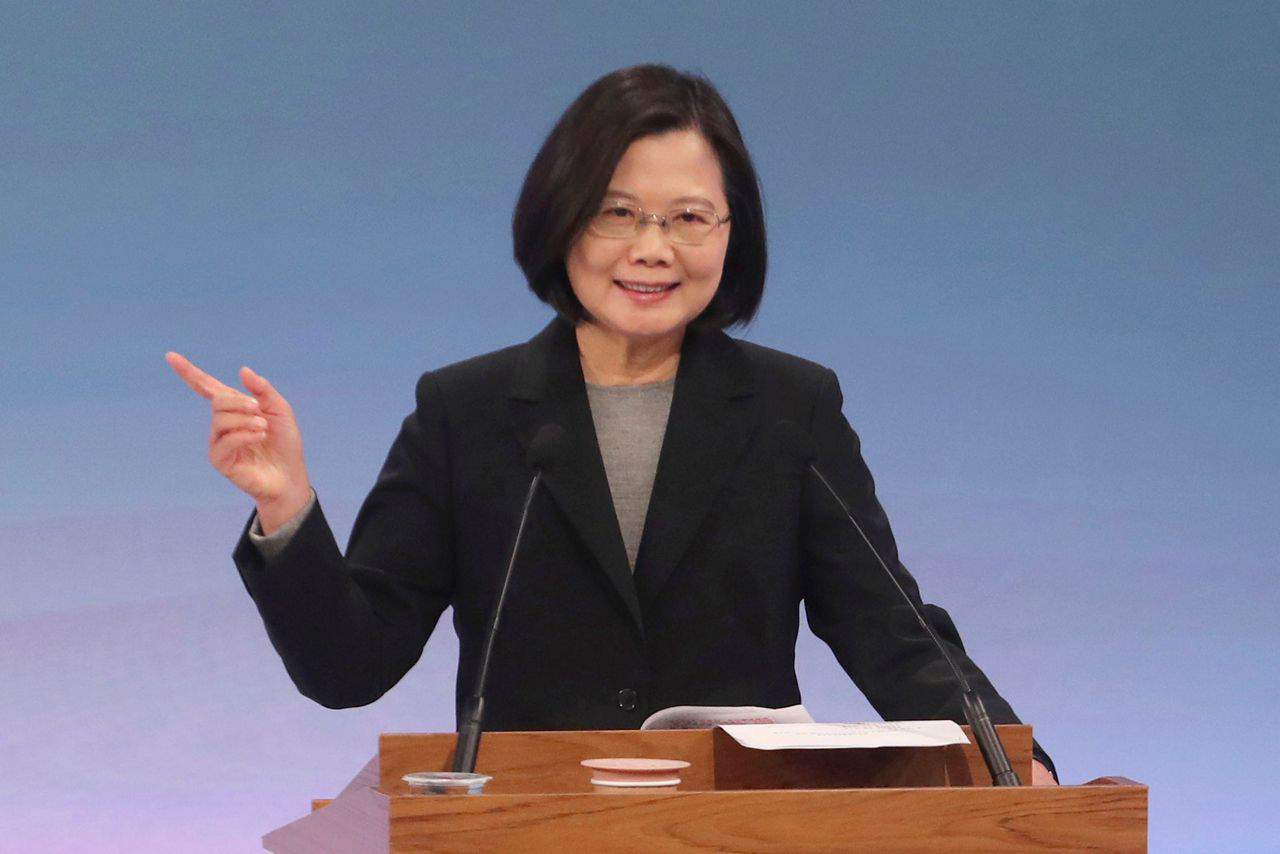Taiwan Elections influenced by Hong Kong protests

By Joy Votrobek, Sr. Research Analyst at ASCF
On January 11th, 2020, the Taiwanese people will go to the polls to cast their votes for a new president for the next four years. These elections come amid a helicopter crash that killed Taiwan's top General Shen Yi-ming, head of defense against mainland China. An investigation was ordered by Taiwan's president, Tsai Ing-wen, who is a hardliner for national security and incumbent hopeful.
Tsai Ing-wen appears to be favored for the upcoming presidential elections, but last year it didn't seem that Tsai would be able to win the people over for another term. What changed?
President Xi's recent insistence of unifying Taiwan with mainland China under "One Party, two systems," President Tsai firmly opposes. Her stance on this may have won over younger Taiwanese, but it didn’t receive broader support until the Hong Kong protests.
The reality of what is happening in Hong Kong has gripped the Taiwanese. Could they be next? This appears to be a significant factor that pushed more Taiwanese to put support behind Tsai and her opposition to “One Party, two systems” as Hong Kong is today.
Tsai's primary challenger is Han Kuo-yu, from the KMT party, with a platform that leans toward Chinese Nationalism. Chinese Nationalism was likely more popular in the past but today appears to have lost favor, as the Taiwanese prefer to identify with their Taiwan heritage. This heritage identification is similar to the current Hong Kong generation who appear to identify themselves as Hong Kongian’s, not Chinese.




